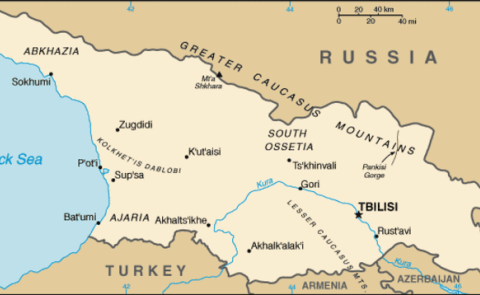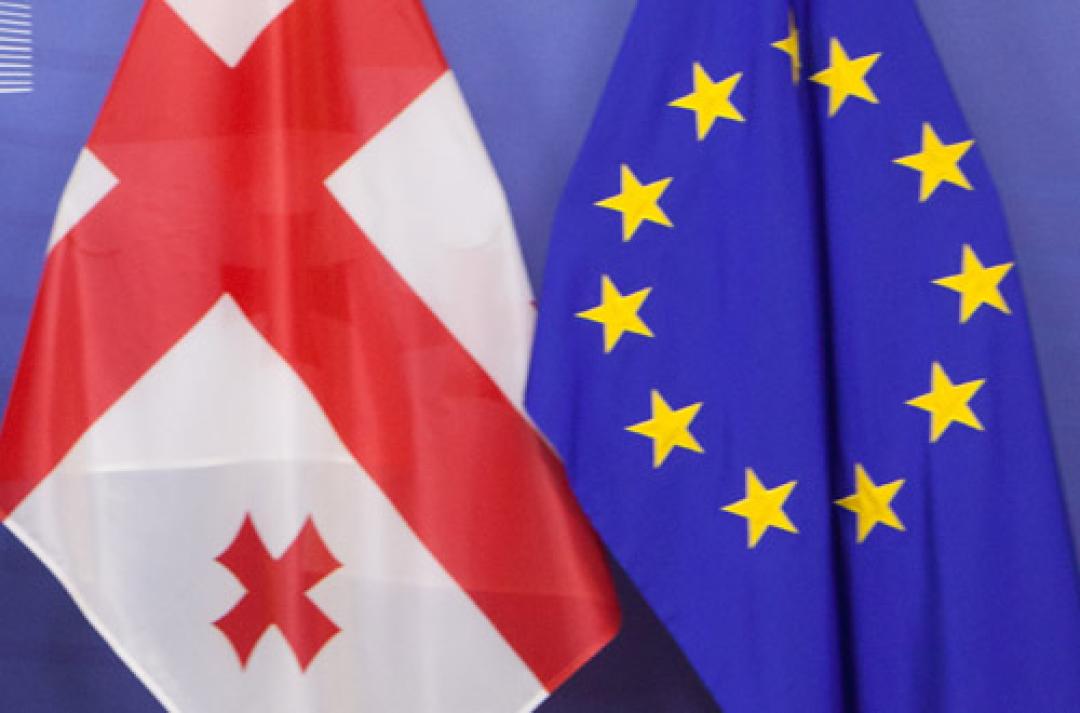
EU warns Georgia of financial assistance cuts following Supreme Court Judge appointments

On 14 July, the EU Commission announced that failure to pause the appointment of judges to Georgia’s Supreme Court (Caucasus Watch reported), as provided for in a recent agreement mediated by the EU between the government and the opposition in April, could negatively affect the release of the second tranche of EU financial assistance to the country.
“The appointments go against key provisions of the 19 April Agreement to pause all ongoing appointments, comply fully with all recommendations made by the Venice Commission, and overall to increase the independence, accountability and quality of the justice system in a broad, inclusive and cross-party reform process. Revising the selection process of Supreme Court judges in line with Venice Commission recommendations before proceeding with appointments, is also a mutually agreed condition for the disbursement of the second tranche of EU macro-financial assistance to Georgia under its current program, which could be negatively affected by this step,” stated the European External Action Service (EEAS) spokesperson Peter Stano.
“The vote is therefore a missed opportunity for the Georgian authorities to prove their commitment to a genuine and comprehensive reform of the judiciary. These developments carry a risk of damaging judicial independence and public trust. The EU is open to further talks at the highest levels to discuss justice reform and the way ahead following these developments,” he added.
The ruling Georgian Dream party parliamentarian Mikheil Sarjveladze, who was First Deputy Minister of Justice of Georgia in 2018-2020, stated that there was no precondition that could threaten the cessation of EU assistance to Georgia. “There is no risk that we will be in any conflict with the preconditions of the second tranche of the budget assistance or with any of the provisions of the Charles Michel document. If you pay attention, there is a willingness to negotiate and consult,” Sarjveladze said. Rati Ionatamishvili from the GD also responded to the EU commission’s statement and said that the EU-mediated agreement required them “to pause the process of appointing judges and not to abolish it.” “We stopped this process, we waited for various political entities to enter the parliament, we have also given the force of law to the recommendations of the Venice Commission and only after that resumed the process, which was as transparent and inclusive as possible,” he noted.
Following these developments and the events from 5 July (Caucasus Watch reported), it was announced that on 19 July the EU Council President Charles Michel would again pay a visit to Georgia. “We will provide Charles Michel with full information regarding the events of 5 July, on what risks were expected, and how the law enforcement agencies acted. We will provide information on everything, including how the state has reacted since the violence- further reactions, specific arrests, and investigations that are currently underway. We will provide full information about this to Charles Michel, as well as other partners,” stated the GD Chairman Irakli Kobakhidze.
See Also


Weekly Brief on Military Situation in South Caucasus Countries (June 2–8, 2025)

Armenia–Russia Trade Hits $12 Billion in 2024, Up 60%

Armenia and Russia Reaffirm Strategic Ties Amid Speculation of Strained Relations

Sergey Naryshkin Accuses Britain of Destabilizing Georgia

